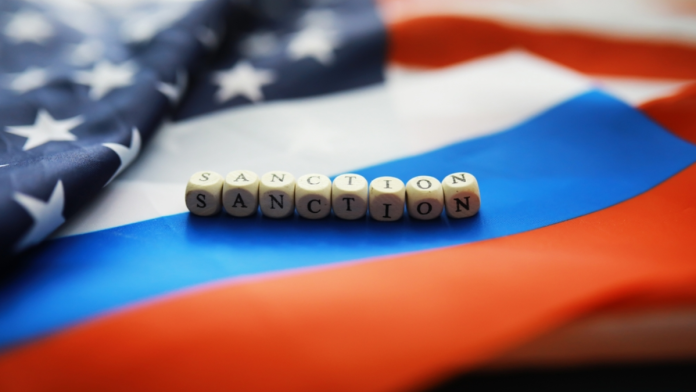The United States is considering powerful new sanctions against two of Russia’s biggest oil companies, Rosneft and Lukoil. These companies are central to Russia’s oil industry and together account for almost half of the nation’s crude exports.
The move is aimed at pressuring Russian President Vladimir Putin to agree to a ceasefire in Ukraine. The decision could be made if upcoming peace talks in Alaska between President Donald Trump and Putin do not lead to progress. Officials familiar with the matter say the sanctions would be designed to hit Russia’s energy revenues, a key source of funding for its government.
Although such measures would have a direct impact on Russia, there are concerns about how they might affect global markets. The Trump administration has signaled that, if imposed, these sanctions would likely be short-lived to avoid lasting damage to energy prices.
Energy Measures on the Table
The White House is looking at a range of options. These include strict actions against Russia’s “shadow fleet” of tankers, which help the country bypass earlier restrictions, as well as new tariffs on nations that continue buying Russian oil, including China and India.
UN voices concern over US tariffs on India tied to Russian oil trade
Trump has already raised tariffs on India’s Russian oil purchases, doubling them to 50%. Officials say this helped bring Moscow to the negotiation table. Similar steps are now being weighed for other buyers, with the aim of making Russian oil less attractive in global trade.
In recent years, sanctions on Russia’s smaller oil producers like Surgutneftegas and Gazprom Neft have failed to reduce overall exports. Asian countries have continued to buy crude despite restrictions. This has kept Russia’s shipments steady, with seaborne exports averaging around 4 million barrels per day. According to data from vessel tracking, Moscow has managed to maintain stable crude exports even under sanctions.
Rosneft, run by Igor Sechin, a close ally of Putin, and privately held Lukoil are far larger players. Any restrictions on them would carry much more weight. That is why this potential move is being seen as one of the strongest levers Washington has yet considered.
US Treasury Secretary Scott Bessent also confirmed that “everything is on the table” when asked about possible sanctions and tariffs during a television interview.
Oil Market Pressures and Political Stakes
The threat of fresh sanctions comes as global oil markets are already facing uncertainty. The International Energy Agency has predicted that the world may see a record surplus in oil supplies next year. This could make it easier to take some Russian oil off the market without causing a sharp rise in prices. Still, with Russia being one of the largest producers, any disruption carries geopolitical risks.
Trump warns Russia of new sanctions on shadow fleet if ceasefire is not reached
Earlier, President Joe Biden and his administration had avoided targeting Rosneft and Lukoil directly. Instead, they set a price cap on Russian oil exports in 2022, fearing that hitting the biggest producers would push global crude prices sharply higher. That policy was introduced at a time when oil had spiked to $139 a barrel after the start of the war. Today, prices are far lower, hovering closer to $70.
Recent steps under Biden targeted other Russian producers such as Surgutneftegas and Gazprom Neft. But with demand from Asian markets remaining strong, those sanctions have not caused significant disruptions to Russia’s oil flow.
Ahead of the Alaska summit, Trump has repeatedly said that if talks with Putin do not go well, he would “walk.” He has also warned that Moscow could face “very severe consequences” if it refuses to move toward a ceasefire. In an interview with Bret Baier, Trump underlined that Ukraine must make its own decisions, including whether to swap land for peace.
The Alaska meeting is seen as a crucial test. Washington views securing at least a temporary ceasefire in Ukraine as a key objective. To build pressure, Trump has made it clear that sanctions and tariffs remain “on the table” and could be rolled out gradually depending on the outcome of talks.


